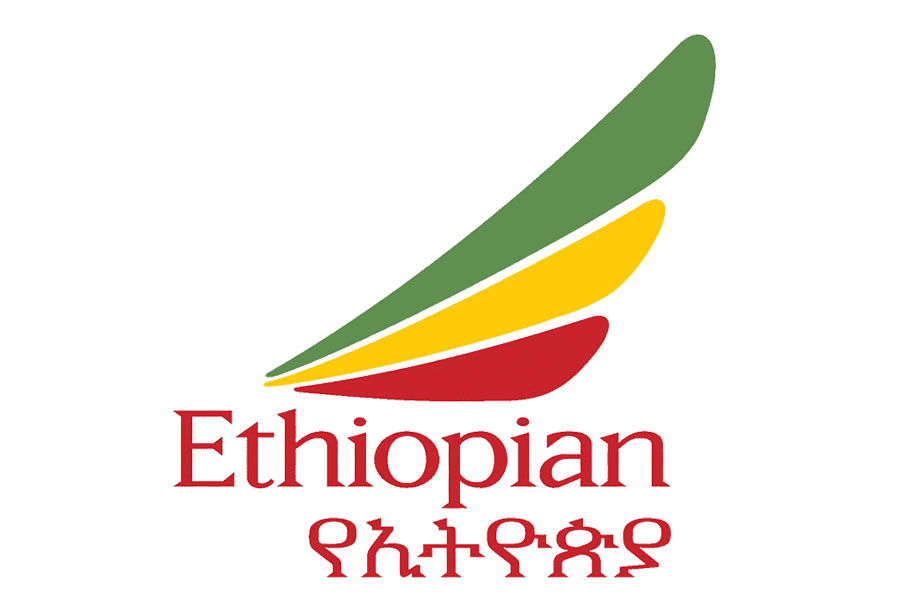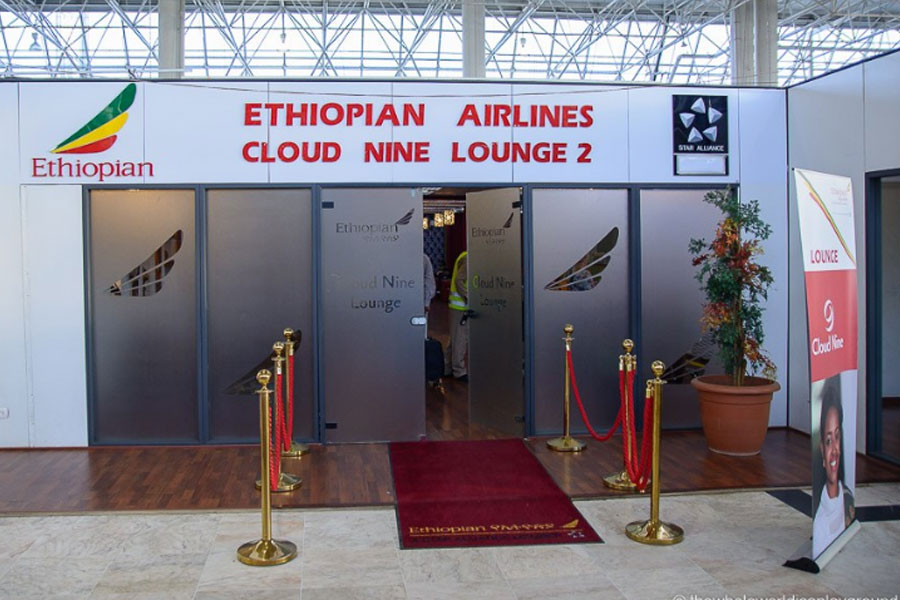
Commentaries | Nov 30,2019
For the first time in Ethiopian history, Prime Minister Abiy Ahmed (PhD) won this year's Noble Peace Prize for his achievement in ending the two-decade standoff between Ethiopia and Eritrea.
The war between Ethiopia and Eritrea, which caused a bloody two-year conflict, ended with the displacement of a large number of people, a loss of thousands of lives, and a devastating impact on their respective economies.
However, the rise of the 43-year-old man, who was born and raised in Beshasha near Agaro, Oromia Regional State, has altered the relationship between the two countries. Prime Minister Abiy had the courage to visit Asmera in July 2018, becoming the first Ethiopian leader to visit Eritrea after 20 years and restoring peace between the two countries.
The Norwegian Nobel Committee has attributed this achievement of the Prime Minister as grounds for awarding him the 100th Noble Peace Prize, for which a total of 301 candidates - 223 individuals and 78 organisations - were nominated. The announcement was made on October 11, 2019, in Oslo, Norway. Prime Minister Abiy will receive the award, with close to 900,000 dollars in prize money, this December.
"Peace doesn't arise from the actions of one party alone," reads a statement from the Committee, "when Prime Minister Abiy reached out his hand, President Issayas Afwerki grasped it and helped to formalise the peace process between the two countries."
After Prime Minister Abiy came to power, he announced three core issues - peace, reconciliation and forgiveness - according to Billene Seyoum, foreign media desk head at the Prime Minister's Press Secretariat Office.
"He was also working on restoring peace in regional countries," she told reporters, at a press briefing held at the Prime Minister's Office.
Prime Minister Abiy played a role in mediating between Kenya and Somalia over the two countries' protracted conflict over rights to a disputed maritime boundary. He also contributed to the normalisation of diplomatic relations between Eritrea and Djibouti, which up until then had been politically hostile.
His latest initiative for peace and reconciliation was in Sudan. His role led to the agreement between the military regime and the opposition in Sudan, who have returned to the negotiating table and hammered out an agreement.
Though Prime Minister Abiy beame the first Ethiopian leader to win the Nobel, Emperor Haile Selassie I was once a nominee for the Nobel Peace Prize back in 1964. The Emperor was nominated for his role in the formation of the then Organization of African Unity.
Prime Minister Abiy was a finalist with Greta Thunberg, the 16-year-old Swedish environmentalist, who was greatly anticipated to win the prize.
"No doubt some people will think this year’s prize is being awarded too early," reads the statement from Norwegian Nobel Committee. "The Committee believes it is now that Abiy Ahmed’s efforts deserve recognition and need encouragement."
The Committee also highlighted the challenges in the country, which remain unresolved.
"Ethnic strife continues to escalate, and we've seen troubling examples of this in recent weeks and months," reads the statement.
Billene agrees with this.
"This doesn't mean that there is no challenge this time," she said. "We have problems we need to overcome."
Yonas Ashine (PhD), associate professor of Addis Abeba University's Department of Political Science & International Relations, says that the prize has a positive impact for the whole region, which is considered a warlord continent, on top of the country.
Yonas, who also echoes the current challenges in Ethiopia, also says that the prize went to Prime Minister Abiy just to recognise his courage for peace.
"When Barack Obama was awarded the Nobel Prize, there were wars in Afghanistan and Iraq," the expert said.
"Not only Obama, but also many others who won the prize haven't brought about absolute peace," said Yonas, "but it was in recognition of their courage for peace.”
Prime Minister Abiy is not the first African leader to receive the Nobel Peace Prize. Ellen Johnson Sirleaf, former president of Liberia; Kenyan social, environmental and political activist, Wangari Mathai; the Egyptian law scholar and diplomat Mohamed ElBaradei and Desmond Tutu, who fought apartheid in South Africa, are among the Africans who have also won the Nobel Peace Prize.
"This award is for Ethiopia and the African continent," tweeted Prime Minister Abiy. "We shall prosper in peace!"
PUBLISHED ON
Oct 12,2019 [ VOL
20 , NO
1015]

Commentaries | Nov 30,2019

Radar | Jan 05,2020

Viewpoints | Sep 11,2020

Radar | Jan 18,2020

Radar | Nov 05,2022

Sunday with Eden | Jun 28,2025

Fineline | Sep 24,2018

Fortune News | Apr 26,2019

Radar | Jul 06,2025

Fortune News | Feb 08,2020

Dec 22 , 2024 . By TIZITA SHEWAFERAW
Charged with transforming colossal state-owned enterprises into modern and competitiv...

Aug 18 , 2024 . By AKSAH ITALO
Although predictable Yonas Zerihun's job in the ride-hailing service is not immune to...

Jul 28 , 2024 . By TIZITA SHEWAFERAW
Unhabitual, perhaps too many, Samuel Gebreyohannes, 38, used to occasionally enjoy a couple of beers at breakfast. However, he recently swit...

Jul 13 , 2024 . By AKSAH ITALO
Investors who rely on tractors, trucks, and field vehicles for commuting, transporting commodities, and f...

Jul 5 , 2025
Six years ago, Ethiopia was the darling of international liberal commentators. A year...

Jun 28 , 2025
Meseret Damtie, the assertive auditor general, has never been shy about naming names...

Jun 21 , 2025
A well-worn adage says, “Budget is not destiny, but it is direction.” Examining t...

Jun 14 , 2025
Yet again, the Horn of Africa is bracing for trouble. A region already frayed by wars...